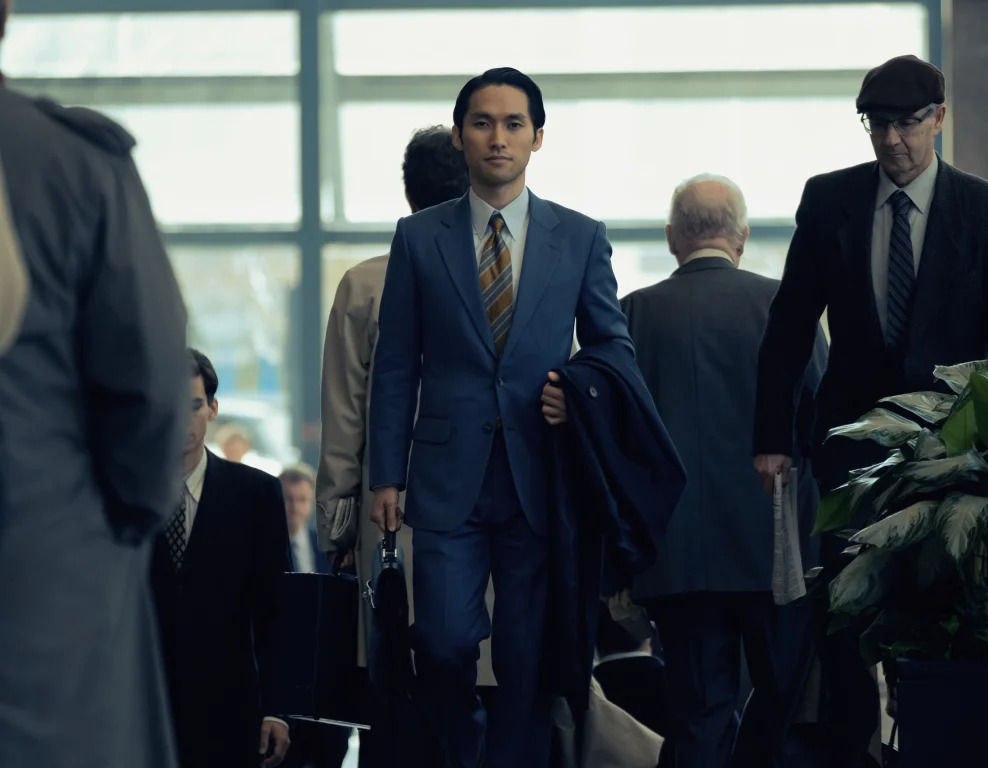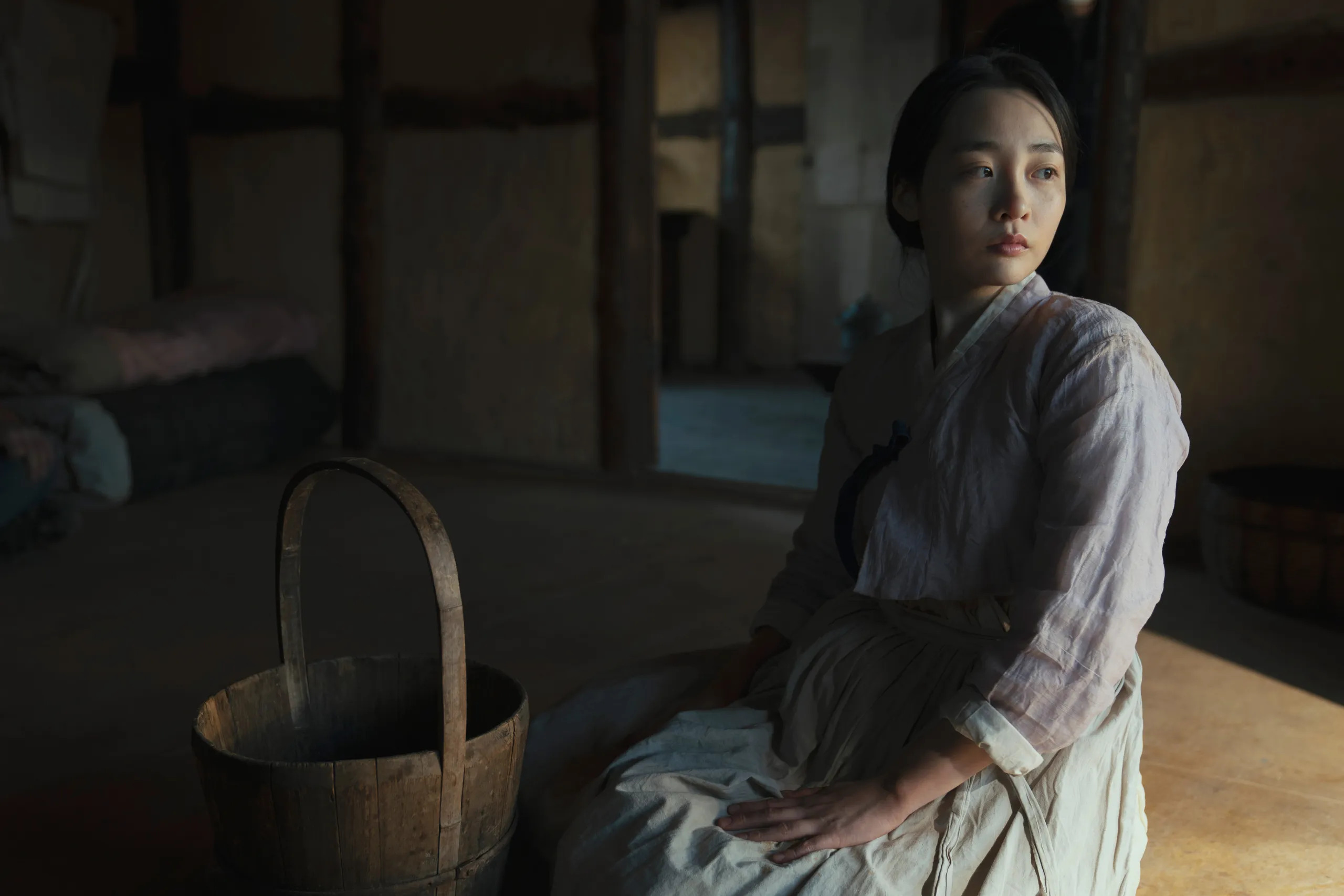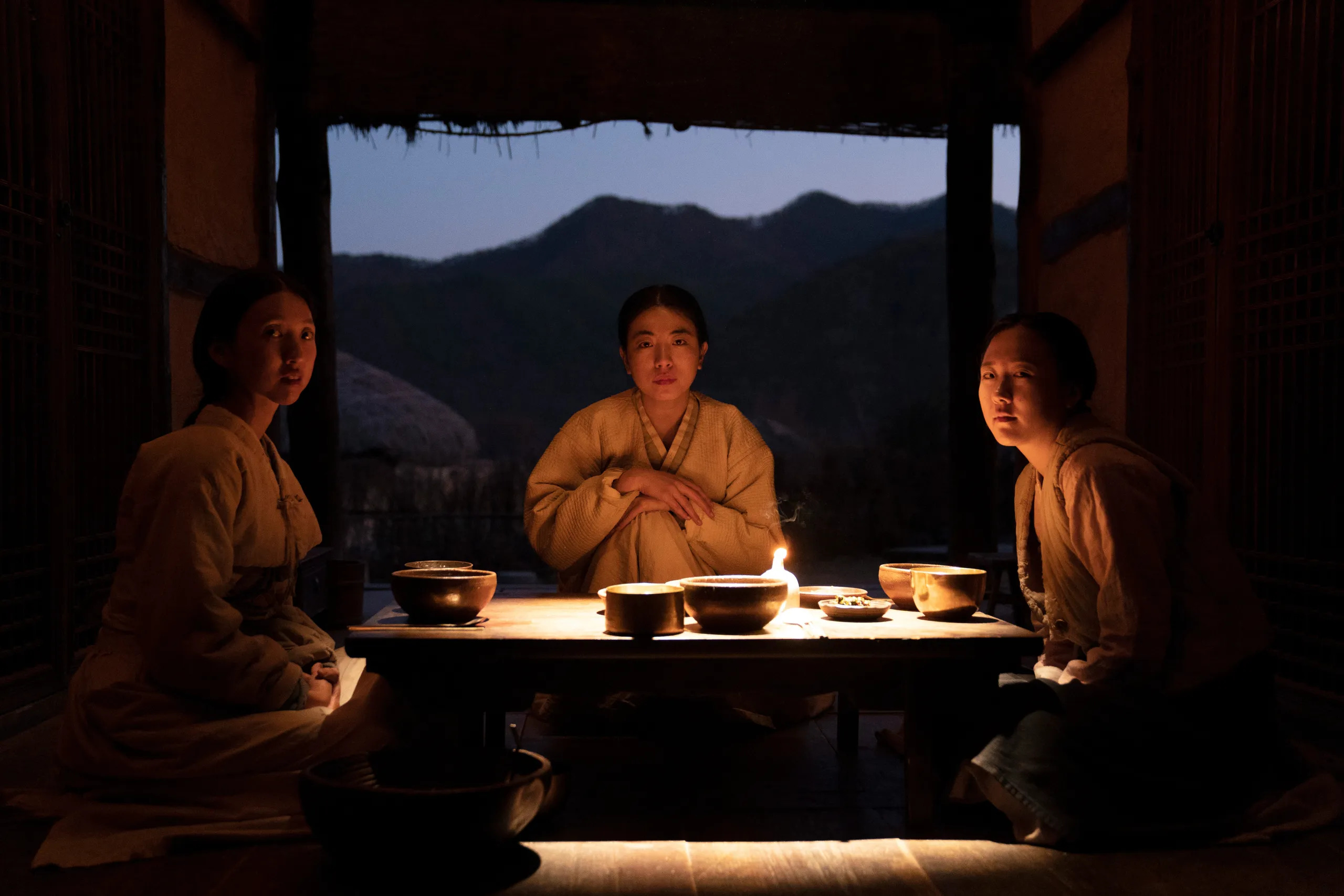Created by Soo Hugh, ‘Pachinko’ is a period drama series. The epic tale sprawls across three countries and seven decades and revolves around a family’s inherent desire to survive and thrive. The main protagonist of the story is Sunja (Yu-na Jeon as the child, Minha Kim as the teen, and Youn Yuh-jung as an adult), who grows up in Busan in the early years of the Japanese occupation of Korea before migrating to Osaka and building a life there. The narrative shifts back and forth between various time periods, chronicling the lives and experiences of Sunja and her family. If the historical elements of the show have made you wonder whether it is based on a true story, we got you covered.
Is Pachinko Based on a True Story?
No, ‘Pachinko’ is not based on a true story. It is the web adaptation of the 2017 namesake novel by Korean American author and journalist Min Jin Lee. However, both the show and the original novel heavily draw from history to build their narratives. The show’s timeline begins in 1915, five years after the start of the occupation of Korea, with Sunja’s birth and ends in 1989 — for now — with the return of her grandson Solomon to Japan.

In the intermediate period, the family lives through World War II, the bombings, the Allied occupation of Japan, and the subsequent years. Each generation of the family experiences racism and discrimination in Japan as a Korean immigrant. Even Solomon, following his return from the US, has to endure it at his workplace. The series depicts how they navigate through their contemporary time periods and the similarities and dissimilarities between their experiences.
“Every generation in this dialogue is either refusing what’s been given to them or accepting of it,” Hugh stated. “That’s a complicated way of saying that we are all very much following the footsteps of those who have come before us. The question is some people want to veer on their own paths, and don’t want to follow in those footsteps, and some people do. In this show, I wanted to figure out who are the characters who understand that those footsteps were made with great sacrifice and love, and who are the characters who say, ‘No, I tread my own path.’ That was really intriguing.”
While adapting Lee’s novel, Hugh tried to find what she calls the “blank spaces,” which refer to things that she thinks were left out from the novel’s narrative. As the story encompasses over 70 years, the blank spaces in the novel were “really, really exciting.” As she developed the show, Hugh filled up the said spaces with her additions. Clearly, ‘Pachinko’ is not based on a true story. However, it’s perfectly understandable if someone thinks it is.
Is Sunja’s Family Based on a Real Zainichi Korean Family?
No, Sunja’s family is not based on a real Zainichi Korean family. The phrase “Zainichi Korean” (or simply, Zainichi) refers to the particular group of Koreans who or whose ancestors came to Japan during the occupation years (1910-1945). This distinguishes them from the people whose ancestors came later and the ones who can trace their roots back to the Koreans who came even earlier.

While Lee was in college, she learned about the Korean Japanese people. She previously didn’t know much about the community, but being an immigrant herself and a history student, she was naturally interested in the Korean diaspora and how it was shaped by invasion and destabilization of the country — two factors that ultimately led to the division of Korea.
With ‘Pachinko,’ Lee wanted to tell the story of ordinary people who suffer more than anyone else when geopolitical catastrophes occur. She said that Modern Korea was influenced much by Japanese occupation, World War II, the Cold War, and the Korean War as well as Confucianism, Buddhism, Communism, and Christianity. While these issues are reflected in the book, she wanted to dive deep into the events and issues and see how they influenced daily life and moments.
Read More: Where is Pachinko Filmed?


You must be logged in to post a comment.